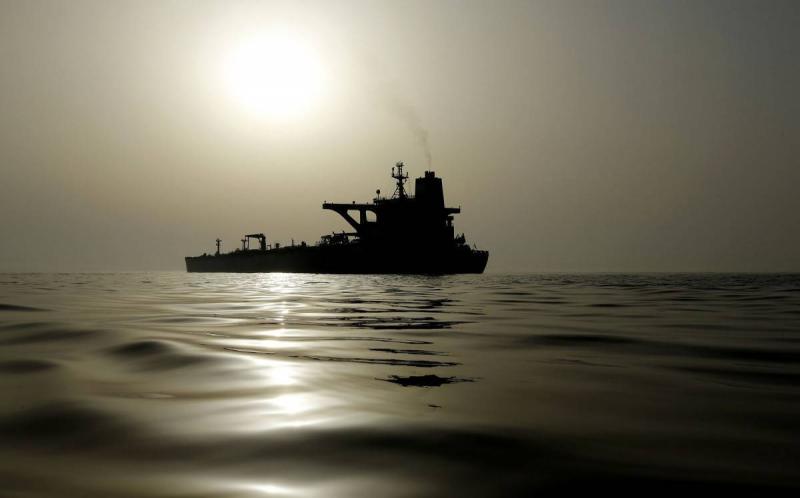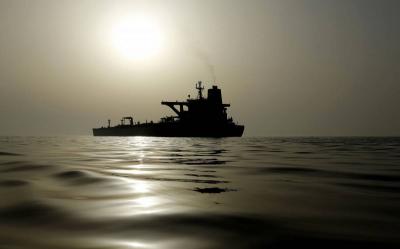An oil tanker ran aground off the eastern coast of China, leaking fuel, while another collided near Cuba, and Spain detained a third for drifting out of control. All these vessels are part of the "shadow" tanker fleet that transported oil last year from countries under Western sanctions. Sector representatives, including commodity traders, shipping and insurance companies, and regulatory bodies, say that hundreds of additional ships have joined this parallel shadow trade over the past few years due to increased Iranian oil exports and Western restrictions on Russian energy sales due to the war in Ukraine.
Eric Hanl, CEO of Stena Bulk, which operates tankers, points out that these vessels "carry oil from sanctioned countries and increase the risk of accidents." Many certification issuance companies and engine manufacturers that confirm the seaworthiness and safety of vessels have ceased services for ships carrying oil from sanctioned countries like Iran, Russia, and Venezuela, as have insurance companies. This means there is less oversight and supervision of ships carrying hazardous, flammable cargo.
Some industry experts fear that this parallel trade, which transports millions of barrels of oil around the world, could undermine efforts made over decades to enhance maritime safety after disasters like the Exxon Valdez oil spill in Alaska in 1989, which caused significant environmental damage. Last year, there were at least eight incidents involving grounding and collisions or near-collisions of tankers carrying oil or petroleum products from sanctioned countries, including the previously mentioned incidents off China, Cuba, and Spain, according to an analysis by Reuters based on ship tracking information and data from Lloyd's List Intelligence.
The analysis concluded that this number of incidents is equivalent to what occurred in the previous three years combined, but it still represents a small fraction of all incidents recorded in the global shipping sector in 2022, which totaled 61 incidents. These eight incidents did not result in injuries or significant pollution, but some executives are concerned. Some have warned that the scale of the shadow fleet has become harder to estimate given the complex landscape surrounding sanctions on Russian oil.
While it is unknown how many of these older ships are part of the shadow fleet, the stringent auditing policies of major oil companies and commodity traders mean they tend to use tankers younger than 15 years. Some industry experts have stated that the transfer of oil and other fuel shipments from one ship to another via shadow tankers at various locations at sea, which is not overseen by port authorities, poses significant safety and environmental risks.




